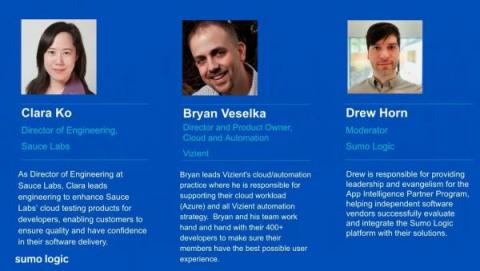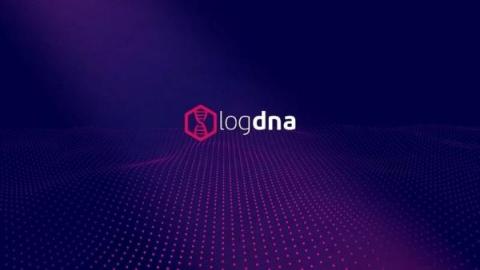Operations | Monitoring | ITSM | DevOps | Cloud
Latest News
Jenkins, OpenTelemetry, Observability
If you’re like most organizations, you’re leveraging Jenkins for all sorts of things. Deployment pipelines, automated API tests, even glorified CRON jobs just to name a few.
Momma Said Grok You Out: Use LogStream to Streamline Searches, Aid in Reformatting Data and Parsing
It is commonly believed that once data is collected and ingested into a system of analysis, the most difficult part of obtaining the data is complete. However, in many cases, this is just the first step for the infrastructure and security operations teams expected to derive insights.
Log Management: Your Obvious Choice for Capacity Planning and Optimization
Mapping Statistics - What You Need to Know
When your Elasticsearch cluster ingests data, it needs to understand how the data is constructed. To do this, your Elasticsearch cluster undergoes a process called mapping. Mapping involves defining the type for each field in a given document. For example, a number or a string of text. But how do you know the health of the mapping process? And why do you need to monitor it? This is where mapping statistics come in. Mapping statistics give you an overall view of the mapping process.
Detecting and Preventing Log4J Attacks with Cribl LogStream
Shortly before the December holidays, a vulnerability in the ubiquitous Log4J library arrived like the Grinch, Scrooge, and Krampus rolled into one monstrous bundle of Christmas misery. Log4J maintainers went to work patching the exploit, and security teams scrambled to protect millions of exposed applications before they got owned. At Cribl, we put together multiple resources to help security teams detect and prevent the Log4J vulnerability using LogStream.
DevOps State of Mind Podcast Episode 6: The Future of DevSecOps with EMA
Chris Steffen is a research director for information security at Enterprise Management Associates. EMA is a leading analyst and consulting firm that prides itself on going beyond the surface to provide deep insights about the IT industry. I'm Liesse from LogDNA. Before we dive in, I just wanted to take a moment to thank all of you for tuning in to season one of DevOps State of Mind.
Dr. Changelove: Or How I Learned to Stop Going Vendor-Specific and Love the LogStream
Here at Cribl, we have a cloud offering of our LogStream product. In building and supporting our cloud product, we have a service-based architecture. And we want to be able to gather metrics from our services, in order to monitor those services and make sure we meet our SLAs.
Five tricks for logging at scale in a Kubernetes environment with Grafana Loki
Legacy logging solutions simply couldn’t keep up with the complex, hyperconverged regional infrastructure at Civo, a Kubernetes service provider that enables users to launch k8s clusters within 90 seconds. “With our infrastructure and application deployment getting more complex and more distributed, we needed our logging solution and our entire observability stack to scale up with our needs,” said Anaïs Urlichs, Site Reliability Engineer at Civo.
ICYMI: Feature Updates
LogDNA is always looking forward and constantly developing new and innovative solutions to the problems developers and enterprises face as they manage their logs and data. Here’s a recap of our latest product releases and info on how you can get your hands on them.









